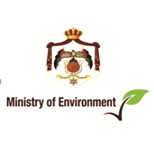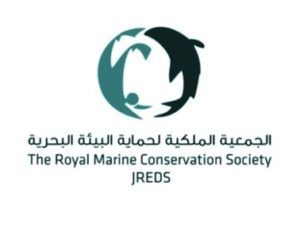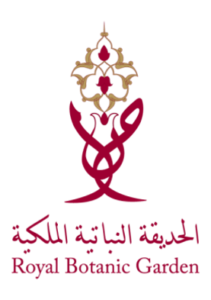- Economic and ecological impacts of alien plant invasions in agricultural ecosystems: studying Prosopis juliflora invasion on Jordan Valley” (research project implemented by the University of Jordan, 2017-2018)
- Healthy Ecosystems for Rangeland Development (HERD): Sustainable Rangeland Management for Biodiversity Conservation and Climate Change Mitigation (regional project, implemented by IUCN-ROWA, Hashemite Fund for Development of Jordan Badia and the Ministries of Environment and Agriculture, 2017-2019)
- Improving Living Conditions of Poverty-Stricken Areas in Amman (ILCA) (national project, implemented by GIZ in cooperation with the Ministry of Environment, 2016-2019)
- Legal Assessment for the Payment of Ecosystem Services (PES) in the Sylvo-pastoral and Rangeland Landscapes in the Al Sharah Agricultural Development Region of Southern Jordan (national project, implemented by IUCN-ROWA and GIZ, 2016-2018)
- Mainstreaming Biodiversity in the Sylvo- Pastoral and Rangeland in the Sharah Agricultural Development Region of Southern Jordan (national project, implemented by IUCN-ROWA and IFAD, 2014-2018).
- Mainstreaming EbA – Strengthening Ecosystem-Based Adaptation in Planning and Decision Making Processes (global project, implemented by GIZ, 2014-2020)
- Mainstreaming Marine Ecosystem Services into Development Planning (national project, implemented by the Royal Marine Conservation Society of Jordan (JREDS), 2017-2018)
- National Clearing-House Mechanism (CHM) establishment under auspices of the Ministry of Environment as a tool and platform of the Convention on Biological Diversity for exchange of information on biodiversity and ecosystem services. Project component of EKF-ESS.
- National Dialogue towards a Regulatory Framework on Invasive Species in Jordan (National Initiative and Expert Group; 2016-2019).
- Protection of the Biodiversity and Environment II / Environmental Governance (national project, implemented by GIZ / Ministry of Environment, 2016-2019)
- Sustainable Environment and Economic Development (SEED) (implemented by USAID and USFS, 2016-2019)
- ValuES: Methods for integrating ecosystem services into policy, planning, and practice (global project, implemented by GIZ, 2013-2018)
- Sustainable Use of Ecosystem Services in Jordan (EKF-ESS) (national project, implemented by GIZ in cooperation with the Ministry of Environment, 2014-2019).












